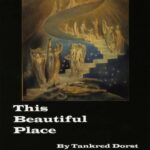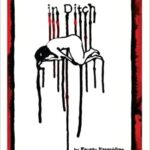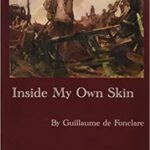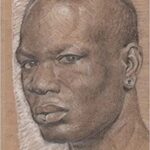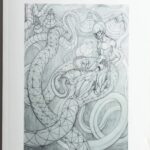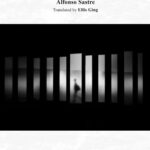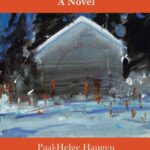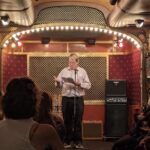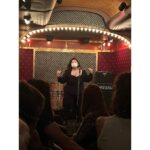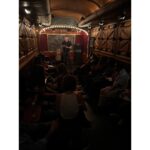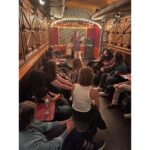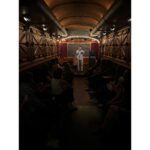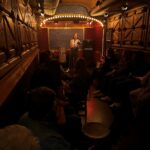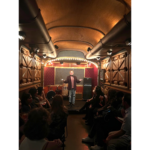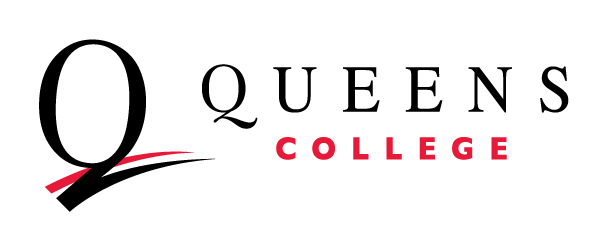Opportunities
Internships
Landing an internship or a job in a field that excites you will require initiative on your part. There are both paid and unpaid internships throughout the metropolitan area. How to choose? We’re here to help, along with Queens College’s Center for Career Engagement and Internships, which offers internship stipends for students who complete unpaid internships. See the English Department’s Career and Internships page for a list of opportunities. You may contact Professor Jason Tougaw if you have questions.
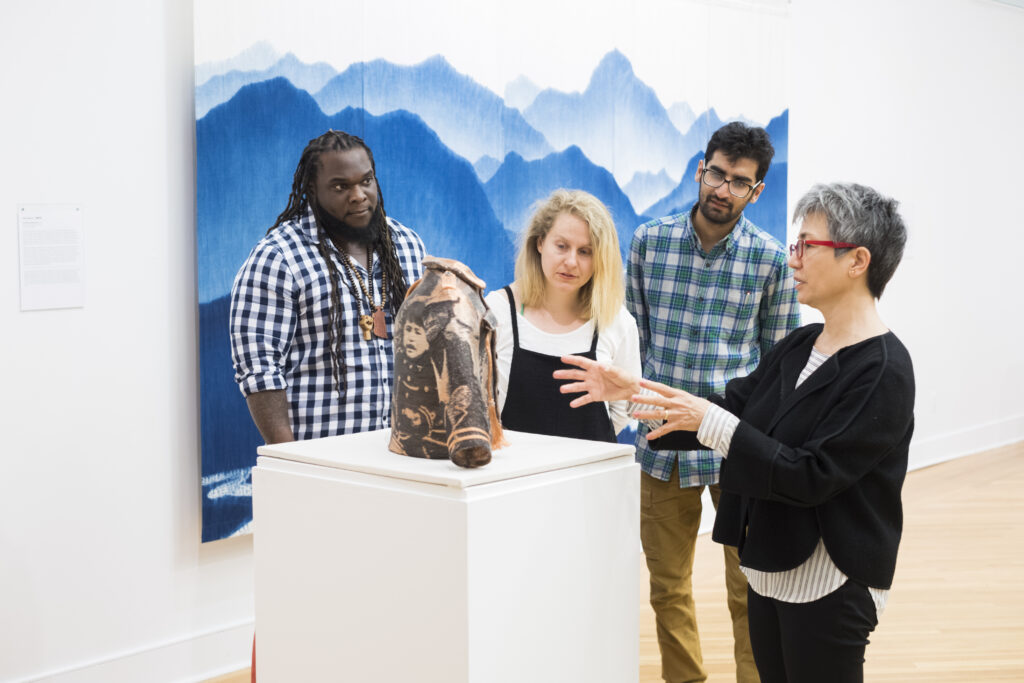
Teaching
Incoming students have the opportunity to apply for a two-year teaching fellowship. Selected students take a teaching practicum in the
fall of their first year, sit in on an experienced teacher’s course for a month, and teach one session in coordination with the lead teacher. In addition, students would work 7.5 hours on initiatives within the program—social media, event planning, web development, alumni outreach. During the spring, they teach one course and continue to work 7.5 hours within the program. During their second year, they teach either two courses each semester or one course while they continue to work 7.5 hours within the program. The stipend is $25,000. Student teaching may be combined with other scholarships and awards as well as work in The Writing Center.
Second year students also have the opportunity to compete for teaching positions within the English Department. The number of courses available for MFA students each year varies and depends on budgetary constraints, but MFA students have taught creative writing, literature and composition.
Archival Residencies
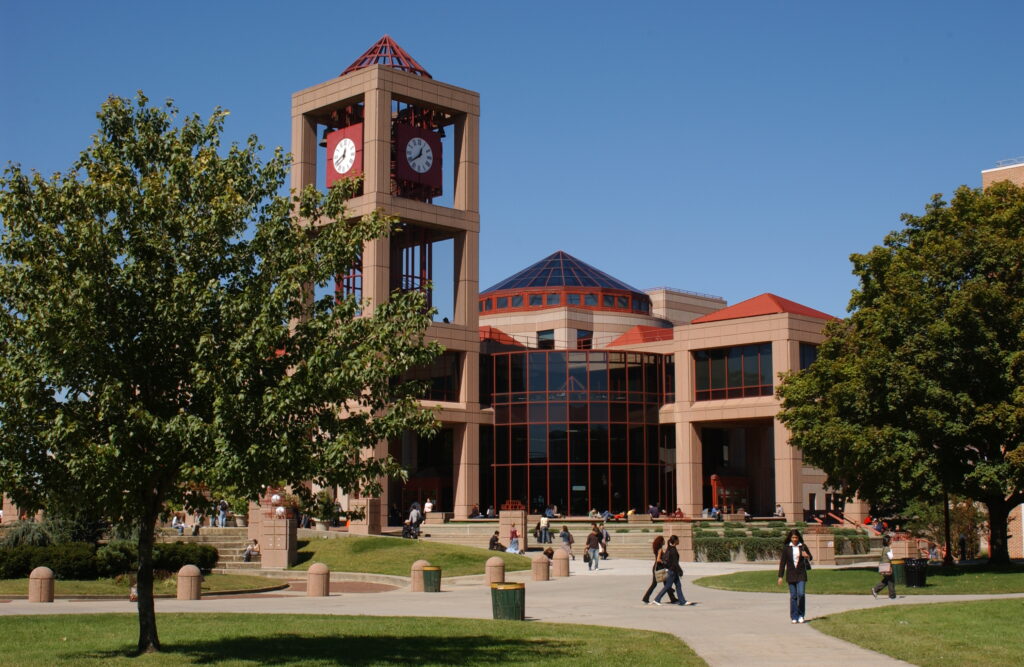
Incoming students have the opportunity to apply for a two-year teaching fellowship. Selected students take a teaching practicum in the fall of their first year, sit in on an experienced teacher’s course for a month, and teach one session in coordination with the lead teacher. In addition, students would work 7.5 hours on initiatives within the program—social media, event planning, web development, alumni outreach. During the spring, they teach one course and continue to work 7.5 hours within the program. During their second year, they teach two courses each semester. The stipend is $25,000.
Imagine hearing tape recordings of Louis Armstrong and wife Lucille chatting over cocktails in their living room; or Louis and his band during a set. Imagine handling his letters and hand-decorated boxes containing photographs. What might this inspire? Would you write about Satchmo himself or maybe one of your own family members?
For ten years the MFA Program has partnered with the Louis Armstrong House Museum in a residency program. The residencies offer several MFA students the chance to work in the Armstrong archive on campus and to produce original writing prompted by Armstrong’s life and work. A modest stipend is included. In May, the writing is presented in a public reading at the Armstrong House in Corona, Queens.
Other unique campus archives include Civil Rights Archive, Art Books Archive, and a Zine & Chapbook Archive.
Off campus but still a part of CUNY: The Graduate Center’s project Lost & Found that explores and publishes central figures associated with American poetry–including the likes of June Jordan, Edward Dorn, and William S Burroughs.
The Advanced Certificate in English Language Teaching
Queens College is located in one of the most linguistically-diverse places on the planet. Our MFA program is one of the rare programs to offer both a degree in Creative Writing and Literary Translation. Students who have teaching certificates at the K-12 level can pursue the additional option of an Advanced Certificate in Teaching English as a Second Language. Students interested in teaching can begin the program while working towards an MFA or subsequently to earning their degress.
In an increasingly competitive job market, where an MFA alone is often not sufficient to teach on the college-level, this Advanced Certificate in English Language Teaching will enhance the degree and give graduates other options.
For more information, visit the dedicated page here.
Publications, Awards and Events
The Queens Review is a journal based in Queens: a borough with a multiplicity of cultures, languages, and experiences. Rather than present a single unified voice, we aim to express the varied landscapes around us as well as our own internal terrain. Founded by students and faculty of the Queens College MFA in Creative Writing and Literary Translation, The Queens Review is interested in work that pushes boundaries—on an emotional level as well as a linguistic one—poems, stories, translations, and fragments that scatter, ground, croon, and devastate.
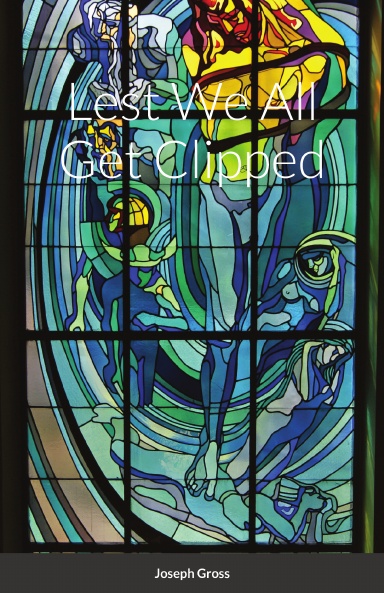
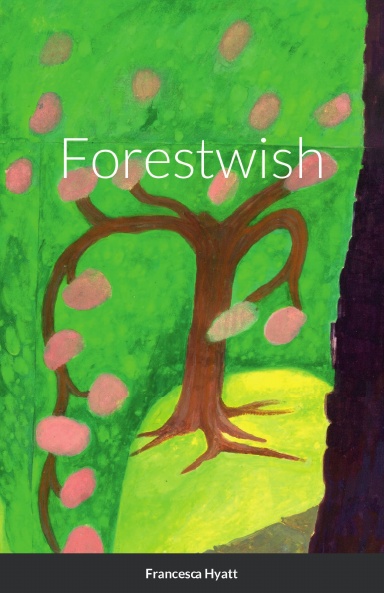
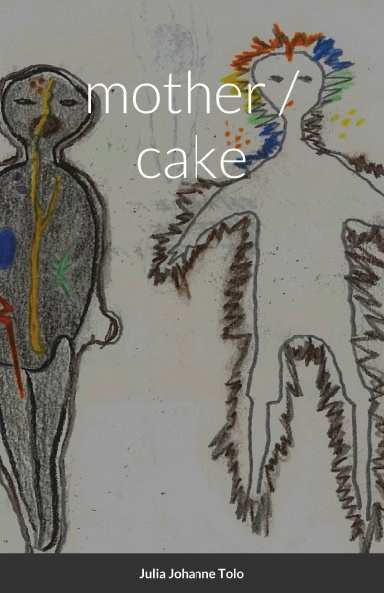
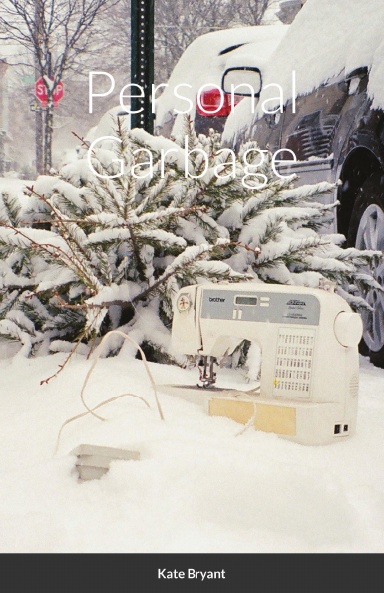
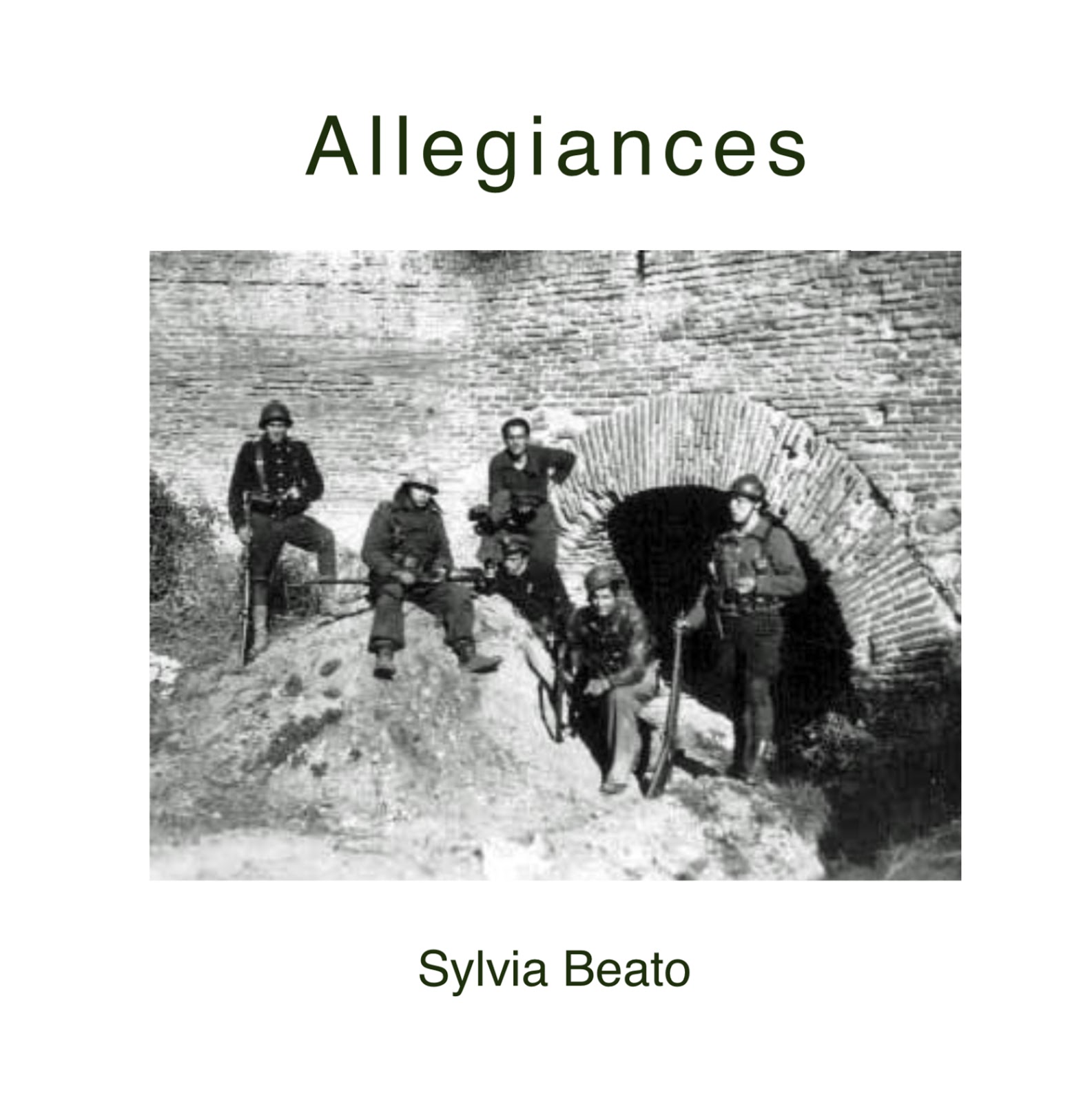
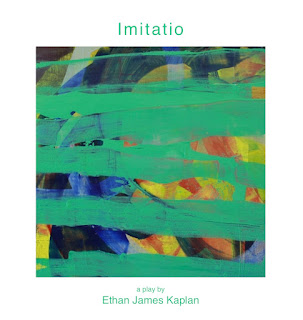
Current and former Queens College MFA students can submit to our annual “Loose Translation Prize.” The award features the publication of a full-length translation book from any language and in any genre by Hanging Loose Press. One of the leading independent presses in New York City for over half a century, this press remains committed to highlighting contemporary, cutting-edge literature from marginalized voices.
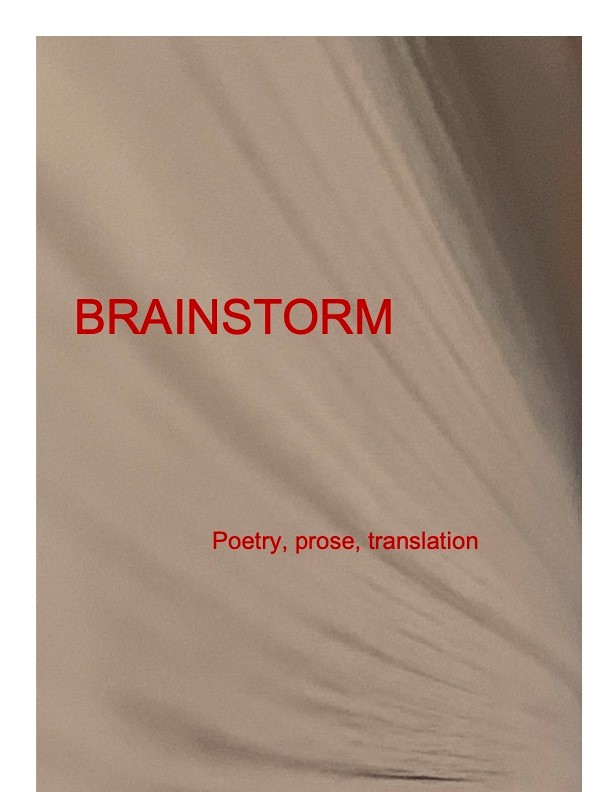
Brainstorm is a reading series organized by grad students from the Queens College MFA Program in Creative Writing & Literary Translation, with events in multiple locations across NYC, including the legendary Pete’s Candy Store.
A faculty adviser may assist with booking venues, however the series is completely student-run, allowing our MFA candidates to gain valuable experience with events management.
The Queens College MFA partnership with the Louis Armstrong House Museum and Archives is a residency that closely follows the Cave Canem Foundation/Studio Museum in Harlem partnership model. Writers-in-residence will be asked to actively engage in research at the Armstrong House and Archives over the course of two months. During this time, writers are expected to produce art in response to the archives and their experiences. The residency will conclude with a presentation/reading, open to the public, in the back garden of the Armstrong House in Corona.
